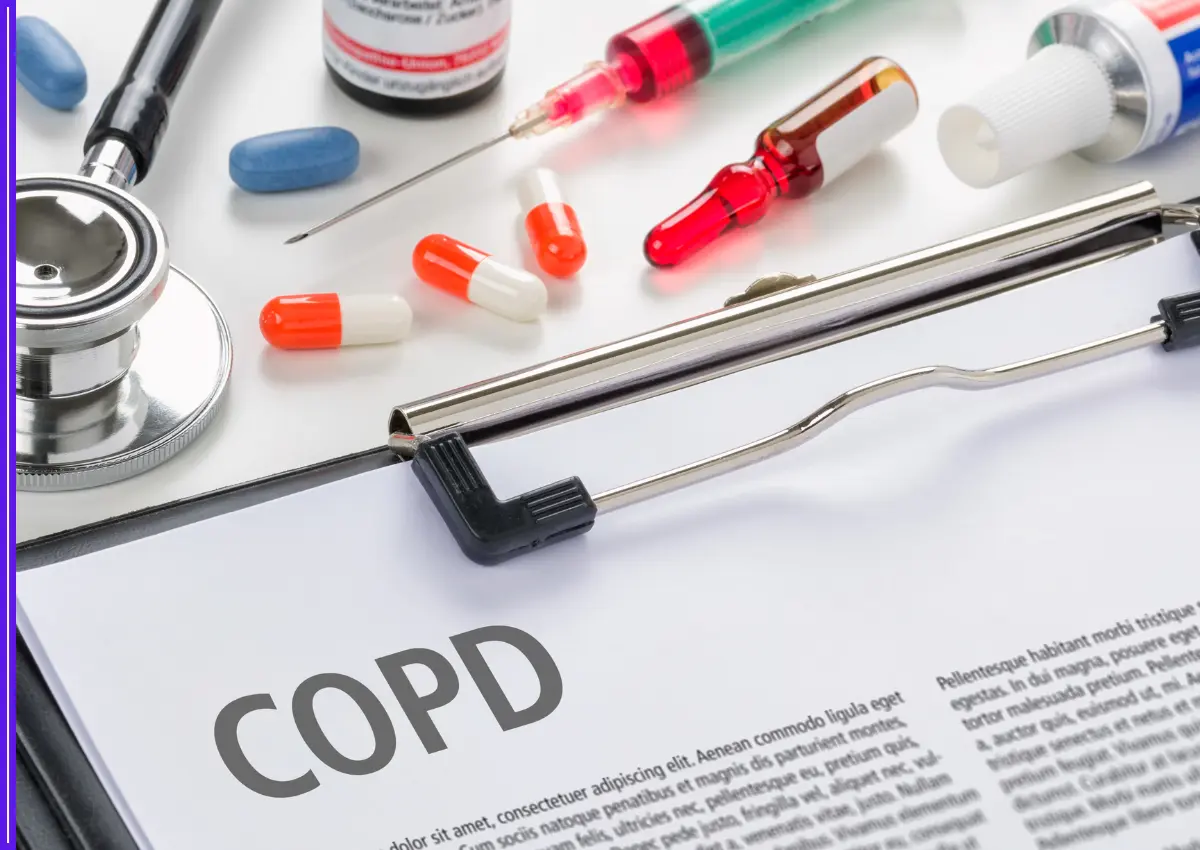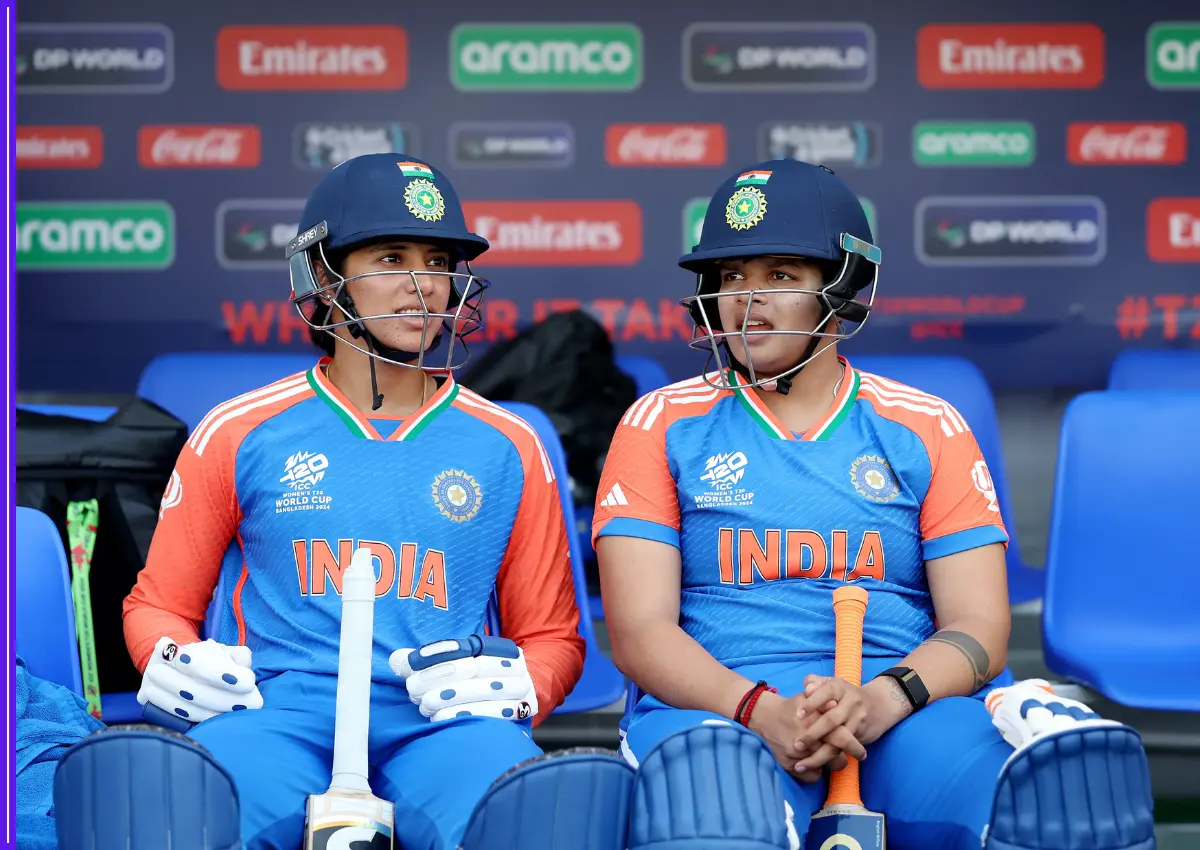Women are now working alongside males in all fields, and the term “women empowerment” has grown popular. Whether they live at home or work outside, they claim to have an independent mindset. Individuals are taking charge of their life and making more and more decisions about their lifestyle, job, education, and occupation.

As the proportion of working women has steadily increased, more and more of them have achieved financial independence and the courage to take charge of their own lives and forge their own identities. They are effectively pursuing a variety of careers to demonstrate their superiority in every way.
“Nothing in this article shall prevent the State from making any special provision for women and children,” reads Article 15(3), which addresses the welfare of women and children.
The whole definition of women’s empowerment won’t come about until society has changed its attitudes toward women and treats them with the equality, fairness, and respect that they deserve. The majority of the nation’s rural communities are immersed in a feudal and mediaeval mindset, depriving women of equal voice in decisions pertaining to their social contacts, profession, marriage, education, and dress code.
List of Women Empowerment Schemes
The following is a list of significant women’s empowerment initiatives in India:
| Women Empowerment Scheme | Launch Date | Aim |
| Working Women Hostel | 1972-73 | To encourage the provision of secure and practical housing for women who work. To look after working women’s children, up to the age of five for males and up to the age of eighteen for girls. |
| Support to Training and Employment Programme for Women (STEP) | 1986-87 | To impart abilities that enable women to get employment. To the advantage of all women in the nation who are 16 years of age or older. |
| NIRBHAYA | 2012 | To assist women on a variety of levels with safety and security. To maintain tight privacy and secrecy to women’s information and identity. Making every effort to allow for real-time intervention |
| Beti Bachao Beti Padhao Scheme | 2015 | To avoid sex-selective eradication that is gender biassed To make sure the girl kid survives and is protected To guarantee the girl child’s involvement and education |
| One-Stop Centre Scheme | 2015 | To offer assistance and support to women who have experienced violence, both in public and private settings. To assist with or facilitate the filing of a First Information Report (FIR/NCR). To offer women and girls psychosocial help and counselling |
| UJJAWALA | 2016 | To stop women and children being trafficked for the purpose of being sexually exploited for profit. To make it easier for victims to be rescued from the location where they are being exploited and placed in secure care. To offer victims both short-term and long-term rehabilitation services by meeting their basic needs for food, clothes, shelter, medical care, counselling, legal assistance, and guidance, as well as vocational training. |
| Women Helpline Scheme | 2016 | To offer 24-hour, toll-free telephone support to women who have experienced violence. Referrals to the proper agencies, such as police, hospitals, ambulance services, the District Legal Service Authority (DLSA), protection officers (PO), and OSC, are made in order to assist both crisis and non-crisis action. To enlighten the woman who has experienced violence on the proper government initiatives, programs, and support services that are accessible to her in her specific circumstance in the neighbourhood where she lives or works. |
| Mahila E-Haat | 2016 | To help women have access to internet entrepreneurship opportunities. To assist women in starting their businesses and educating them on the different facets of online selling. |
| Mahila Police Volunteers | 2016 | An MPV will act as a conduit between the public and law enforcement to combat crimes against women. Reporting cases of violence against women, including child marriage, dowry harassment, domestic abuse, and assault against women in public areas, is the main responsibility of MPVs. |
| Nari Shakti Puruskar | 2016 | To improve women’s status in society. To support organisations that strive to advance and strengthen women’s status in society. |
| Mahila Shakti Kendras (MSK) | 2017 | To establish a setting where women can obtain appropriate healthcare, education, work, and guidance. To enable these chances nationwide at the block and district levels. |
| SWADHAR Greh | 2018 | To provide for the basic needs of women in need, including food, clothing, shelter, medical care, and attention. To offer advice and legal assistance to women. |
The safety and empowerment of women and children are major concerns for the Indian government. These programmes are the answers to the main issues pertaining to women in India and are necessary to reduce the increasing injustice towards them. Additionally, candidates should be aware that the UPSC Mains Women Empowerment Essay is likely to be offered. Therefore, candidates can quickly write a strong Women Empowerment Essay by utilising these strategies.
Numerous more government initiatives have been introduced in India with the goal of improving societal conditions and advancing national development. Candidates can read up on the various government campaigns and schemes in detail by visiting the linked article.





